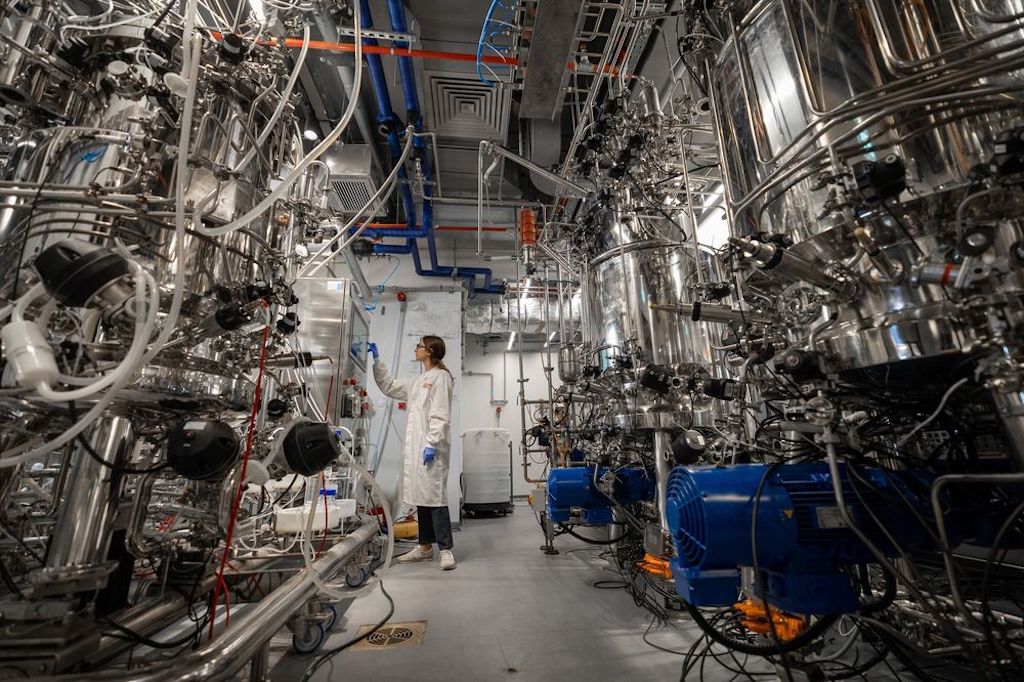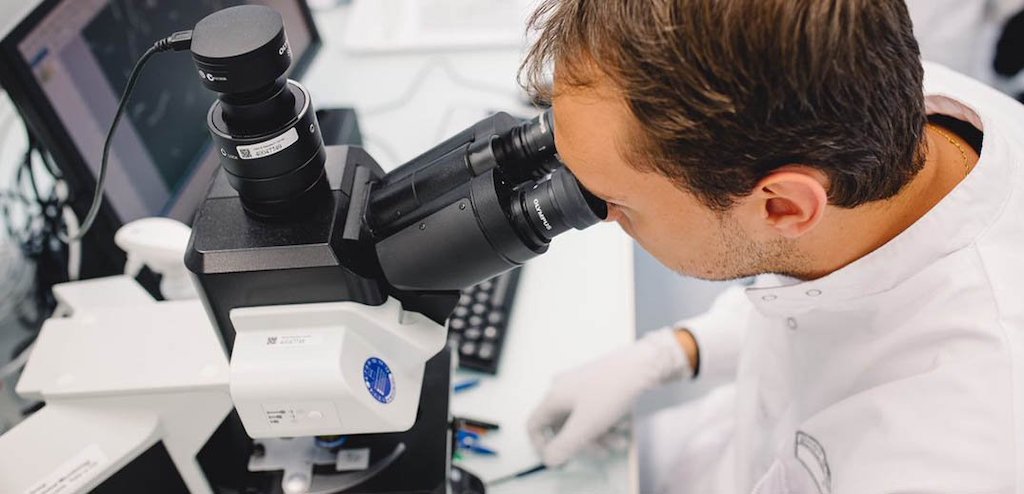4 Mins Read
Nestlé has taken the leap into the cellular agriculture industry. The Swiss food giant says it is “closely monitoring” the trend and now kickstarting research with Israeli startup Future Meat. It comes amid rising global demand for alternative proteins—and Nestlé wants to stay ahead of the competition.
Swiss food conglomerate Nestlé has officially entered the cell-based space, announcing its “exploration” on Tuesday (July 13). As part of its foray into the industry, it’ll be working with Israeli food tech Future Meat Technologies.
It comes just weeks after Future Meat began constructing its new industrial factory that can churn as many as 5,000 cell-based burgers per day.

We are excited to understand [cell-based meat’s] potential.
Reinhard Behringer, Head of Nestlé Institute of Material Sciences
Cultured meat to ‘complement’ alt-protein strategy
Nestlé’s decision to enter the cultivated meat space is part of its all-in strategy into alt-proteins. In recent years, the conglomerate has drastically increased its vegan and vegetarian offerings. The latest move it made was launching a new pea-based dairy-free milk line, Wunda. Nestlé also expanded its Sweet Earth range of vegan meats.
“We have been investing in our protein expertise and the development of proprietary technologies for plant-based meat alternatives,” said Reinhard Behringer. Behringer leads the material sciences arm of Nestlé Research.
“To complement these efforts, we’re also exploring technologies that could lead to animal-friendly alternatives that are nutritious, sustainable, and close to meat in terms of taste, flavour, and texture. We are excited to understand their potential.”

Working with Future Meat, Nestlé plans to explore how cultured meat ingredients can be integrated into its existing products, or used to create new climate-friendly options. Future Meat’s novel tech can make non-GMO animal meats directly from cells, without the need to raise and slaughter livestock.
Sustainable protein demand
Nestlé says its alt-protein push is a response to the rising consumer demand for more nutritious and sustainable products.
“People are increasingly reducing or eliminating animal products from their diet for many reasons including animal welfare, health and wellness as well as environmental concerns,” the company stated.
Recent research estimates as many as 42% of all global consumers now consider themselves “flexitarians”. That is, people who still consume meat and dairy, but are actively reducing their intake. Another study found shoppers believe cell-based protein will account for 40% of their future meat intake as the tech matures.
Nestlé says that its entry into cultured meat shows its “strong innovation drive and openness towards novel concepts”.
“This will help the company to continuously transform its portfolio with products that are good for people and the planet,” it added.

People are increasingly reducing or eliminating animal products from their diet for many reasons.
Nestlé
Working with startups
As food companies try to keep up with consumer trends, many of them are choosing to partner with startups. While Nestlé has chosen Future Meat, Brazilian conglomerate BRF is working with Aleph Farms.Aleph is also based in Israel, and has managed to forge a similar agreement with Japanese corporation Mitsubishi.
Mitsubishi has additionally tapped BlueNalu, the American cell-cultured seafood maker, together with shrimp major Thai Union.
The alt protein industry responds
Bruce Friedrich, founder & president of the Good Food Institute, a global non-profit organization that promotes plant-based meat, dairy, and eggs as well as cultivated meat as alternatives to conventional animal products, welcomed the news with a strongly worded statement:
“It appears that Nestlé is positioning itself to be the first global food giant to market with a hybrid plant-based and cultivated meat product. Nestlé’s involvement at this level could be transformative for the cultivated meat industry and should significantly advance what needs to be a global norm: delivering more sustainable proteins to consumers around the world.”
He added: “Nestlé is the world’s biggest food company, so this level of validation sends an unmistakable signal of the huge potential the company sees in the future of the cultivated meat industry. An investment like this from the global food leader could propel the industry forward and mainstream the idea of cultivating real animal meat from cells.
Nestlé is one of the most well-known brands on the planet, so it is exciting to see the company reimagining meat. When Nestlé talks, the worldwide food industry listens. For Nestlé to see the potential of cultivating real animal meat directly from cells would be a game-changer for the industry.”
Lead image courtesy of Future Meat.




